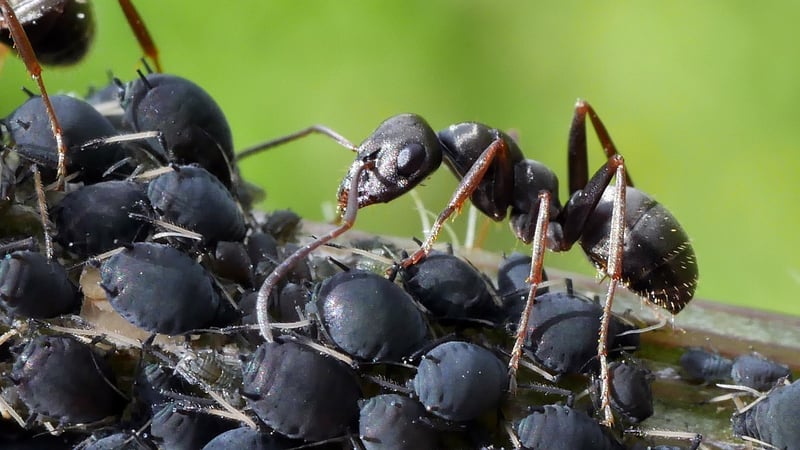Companion Planting
Dealing with Urban Garden Pests + Companion Planting
Introduction
Urban gardening can be a rewarding experience, but it often comes with its challenges, especially dealing with pests. However, one effective and natural way to combat pests in your urban garden is through companion planting. This technique involves planting certain plants together to benefit each other in various ways, such as repelling pests or attracting beneficial insects. Let's explore how you can deal with urban garden pests through companion planting.
Identifying Common Urban Garden Pests
Before delving into companion planting strategies, it's essential to identify some common pests that may plague your urban garden. These pests can include aphids, caterpillars, slugs, snails, and spider mites, among others. Understanding the pests you're dealing with will help you choose the right companion plants to deter them effectively.
Companion Plants to Ward Off Pests
Companion planting involves strategically placing plants that benefit each other when grown in close proximity. Here are some common companion plants known for their pest-repelling properties:
- Mint: Repels aphids and ants
- Marigolds: Deters nematodes and other pests
- Lavender: Repels moths, fleas, flies, and mosquitoes
- Basil: Helps repel mosquitoes and flies
- Nasturtiums: Deter whiteflies, squash bugs, and beetles
Attracting Beneficial Insects
In addition to repelling pests, companion plants can also attract beneficial insects that prey on garden pests. Plants like dill, fennel, and yarrow are known to attract ladybugs, lacewings, and other predatory insects that help keep pest populations in check.
Implementing Companion Planting in Your Urban Garden
To make the most of companion planting in your urban garden, consider the layout and spacing of your plants. Group plants with pest-repelling properties near those that are susceptible to pests. Integrate companion plants throughout your garden to create a harmonious and pest-resistant ecosystem.
Conclusion
By incorporating companion planting techniques in your urban garden, you can effectively manage pests in a natural and sustainable way. Experiment with different companion plant combinations to find what works best for your garden. Remember, a healthy garden is a diverse garden that supports a balanced ecosystem.


